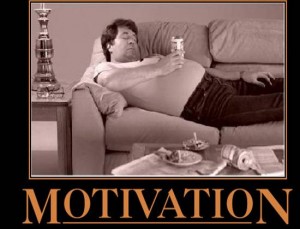
Do you know why getting into action quickly is a ‘good thing’? How fast do you get into action? In a wonderful book, The Conative Connection, author Kathy Kolbe explores the ways different personalities get into action. That’s a bit different approach than how we learn, or behavioral profiles. That’s really valuable to know if you are trying something new, or, as a manager, you’re coaching someone who’s new or wants to take his career to the next level.
Are you the Greyhound or the Turtle?
Some people barge ahead and worry about the details later (that’s me). We start badly, but, because we’re tenacious, we surprise people by how good we finally get. Other people observe the action for a long time. Finally, when they feel ready to perform well, they get into action. They start slowly but well.
The ‘Get Into Action’ Style that’s Problematic
Other people just wait to start until it’s proven that whatever the coach has told them will work for them—because it actually worked for them. Unfortunately, though, it can’t happen that way. You can’t know that you absolutely, positively, undeniably can do something before you’ve done it it! You must start with some faith that you can do it, and that what you’re being told to do will work, because it has worked for others before.
You can’t get better until you get into action.
Have you tried to motivate someone into action? Did you pump them up when they were in your office, only to find them deflated later? I call this the ‘immediate fizzle effect.’ Yes, a motivational pep talk can make us feel better, but, the truth is that talk does not provide us the sustaining motivation we need to take the risk and try new things. What does? Action. Read what psychologist Jerome Bruner says:
You’re more likely to act yourself into feeling, than feel yourself into action.
If you’re still not convinced, it’s because you have a ‘get into action’ profile that author Kolbe says wants all the proof it worked—before you do it! Not too logical, is it? So, you’ll have to trick yourself into action faster if you want to succeed in real estate.





